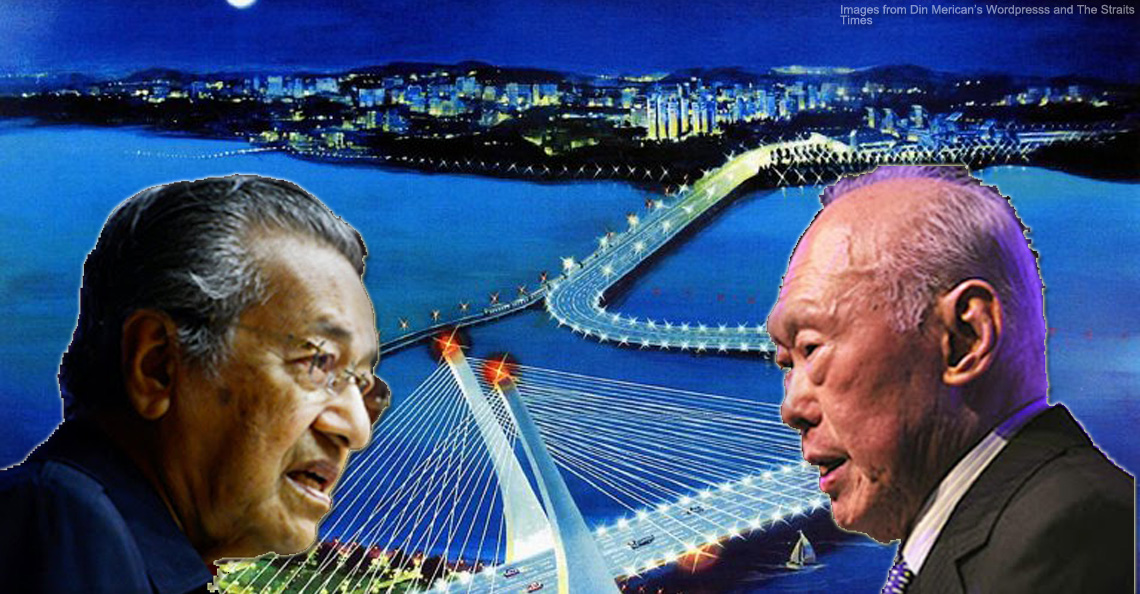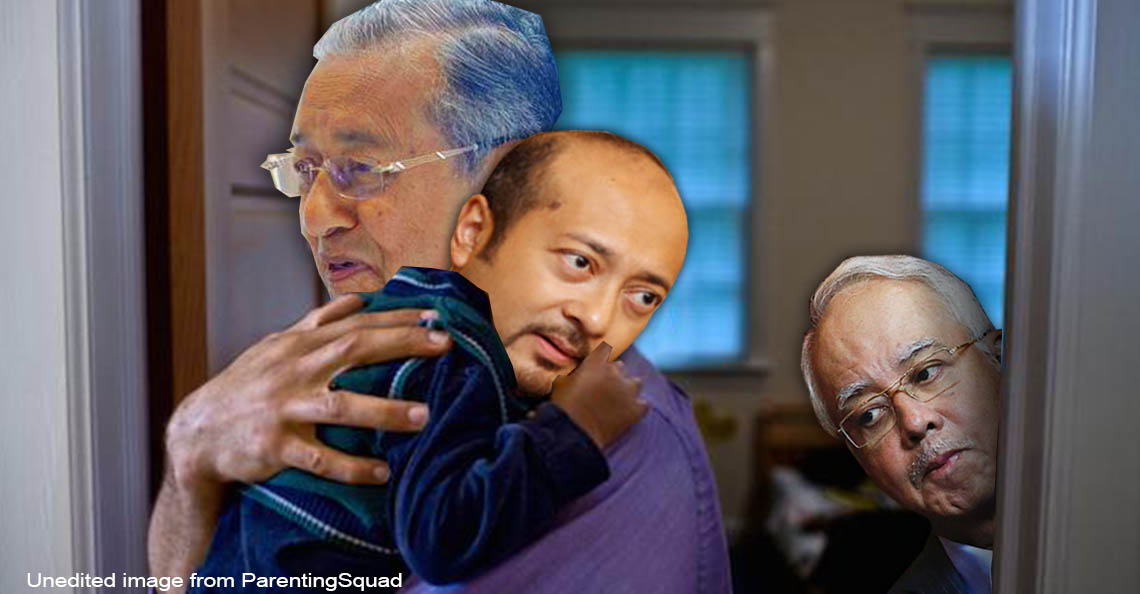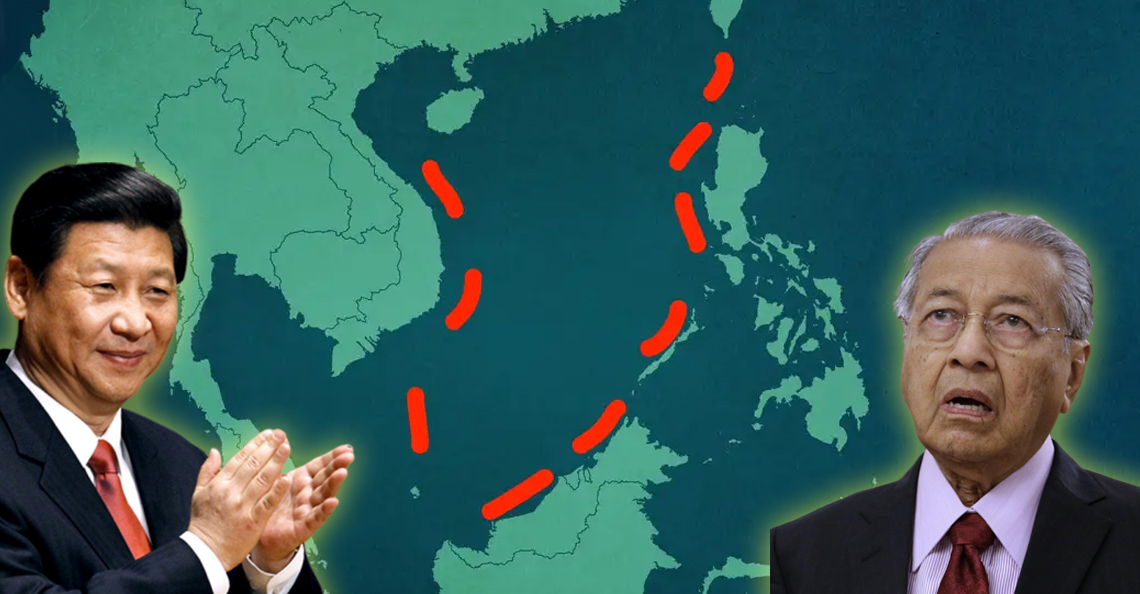4 strong letters Tun Mahathir sent to other world leaders… and how they responded o_O

- 1.1KShares
- Facebook974
- Twitter20
- LinkedIn27
- Email26
- WhatsApp75
Mention PM Tun Mahathir’s name and you will receive diverse reactions ranging from admiration, love and respect, to anger, skepticism, and disapproval. This isn’t shocking considering how Mahathir left behind a mixed legacy for us Malaysians to make sense of. Still, if there’s one thing that most can agree about the man himself, it is this: what Mahathir wants in politics, he (mostly) gets.
Some of these instances include: the dismissal of Supreme Court Lord President Tun Salleh Abbas during the 1988 constitutional crisis, Anwar Ibrahim’s sacking and arrest in 1998 and Abdullah Badawi being pressured to step down as PM after GE 12. Oh, and in recent times, becoming Malaysia’s 7th Prime Minister after a shocking turn of events in GE14!
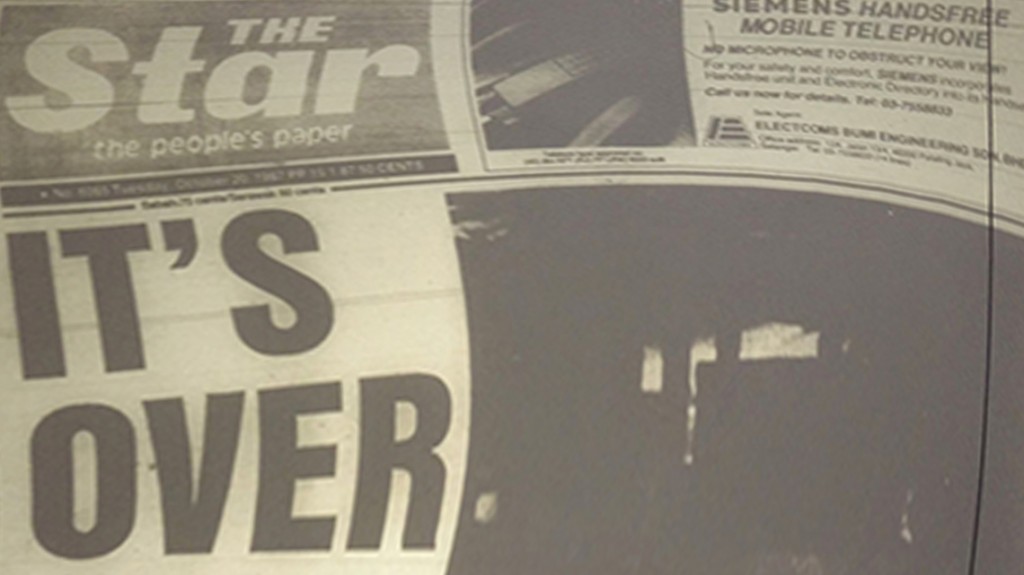
Yet for reasons unknown, Mahathir’s political mojo didn’t seem to work so well on international politics (and also Najib 😛 ). Knowing Malaysia had no real leverage on the course of international politics, he decided on the next best thing – engaging prominent world leaders through letters.
And seeing how Mahathir was respected by many world leaders back in the day, for his birthday today (July 10th!), we thought it would be interesting to highlight his past correspondences with 4 of them.
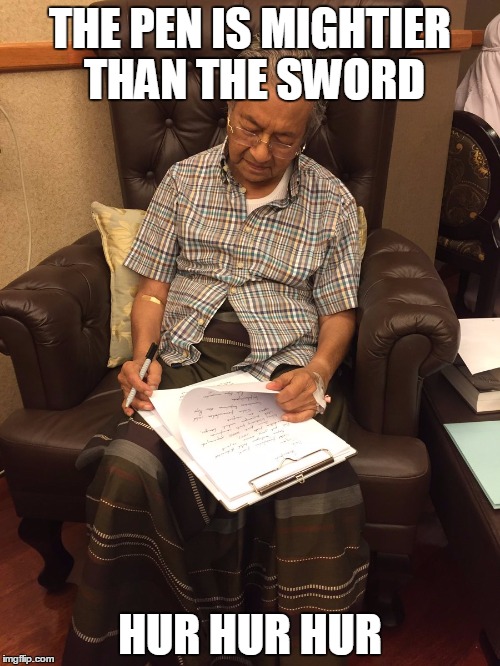
* By correspondences, we mean that there was more than one letter exchanged with these leaders. These letters were published in a book titled, Dr. Mahathir’s Selected Letters to World Leaders: Volume One.
1. When Dr. M told Prince Charles about the misunderstanding of Islam

Who: Prince Charles, Crown Prince of the United Kingdom
When: Between 1996 & 1997
“…managed to read the fascinating lecture which you gave to the Oxford Centre for Islamic Studies earlier this year, and I just wanted to say, as Patron of the Centre, how much I enjoyed reading your thoughts on Islam and its role in the world of today”- Prince Charles to Mahathir, in a letter dated 5th September 1996.
This lecture referred to was a talk (click here to read) given by Mahathir earlier that year. Titled, “Islam-the Misunderstood Religion”, he addressed several points:
a) Islam can be salah faham-ed by both Muslims and non-Muslims
b) There is only one version of the Quran, but its contents can be distorted
c) Muslims have constantly been negatively portrayed by Western Media
d) The West has not made a serious effort to understand Islam
The talk couldn’t come at a more appropriate time as the UK’s view of Islam were likely shaped by two major factors: the growing Muslim population within the country as well as the increasing terrorist attacks conducted by extremist groups in the West. Moreover, the British would have remembered the attack on the Israeli embassy that took place 2 years ago in London.
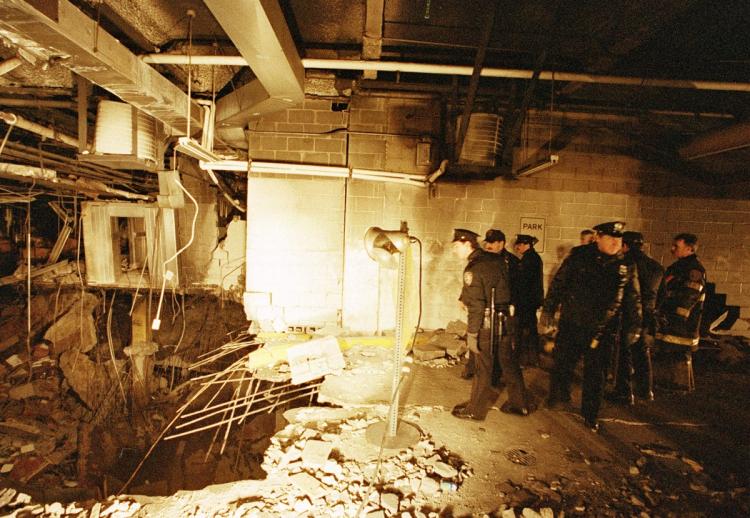
While Mahathir concurred that no Muslims would deny that many terrorist acts were done by their own, he urged others to accept that non-Muslims too have been behind many terrorist attacks in the past.
“The difference is that if a Muslim does it, the deed is immediately attributed to his faith. When a non-Muslim commits the most heinous of terroristic crimes, his deed is not linked to his religion.”- An excerpt of Dr. M’s 1996 lecture at Oxford Centre for Islamic Studies
When replying to Prince Charles, Mahathir praised him for having a “greater depth of understanding of religions, including, than most Western thinkers” while stressing the need for more interfaith dialogues. Only then could the cultural gap between the Christians and the Muslims could be bridged. (Ironically, Mahathir had detained Christians pastors during the infamous Ops Lalang.)
While there isn’t any clear indication as whether further dialogues were held, a good number of the Muslims in UK did in fact overcome the cultural barriers to rise up as successful individuals in their society. And that is really swell considering that one of them is currently the mayor of London and the other a pretty famous actor! 😯
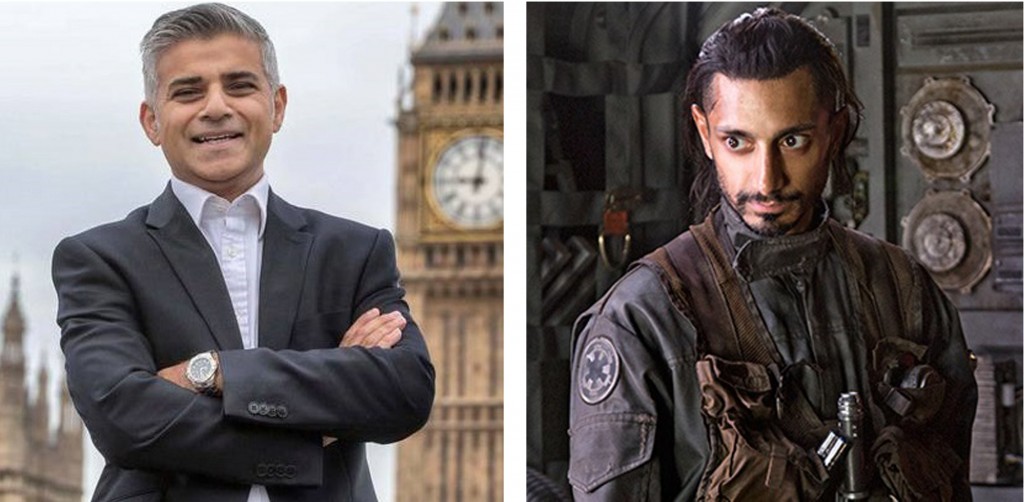
2. When he pujuk Bill Clinton to help end a war
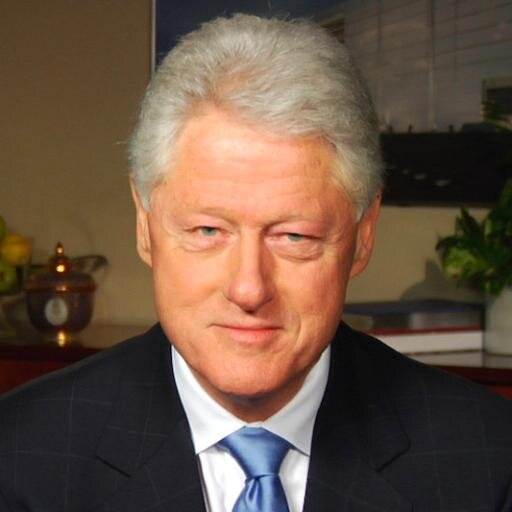
Who: Bill Clinton, 42nd US president
When: Around 1993
Sometime in the 90s, a European country known as Yugoslavia broke up into a couple of smaller countries. However, the ones ugaiz just need to remember are Serbia and Bosnia-Herzegovina.
BH has a multiethnic population consisting of Bosniaks, Serbians and Croats. And things quickly got complicated once BH declared its independence coz the Serbs and Croats living there each wanted their own separate territory. Moreover, the Bosniaks were Muslims while the Serbs and Croats were Christians, thus making it harder for them all to discover the muhibbah spirit.
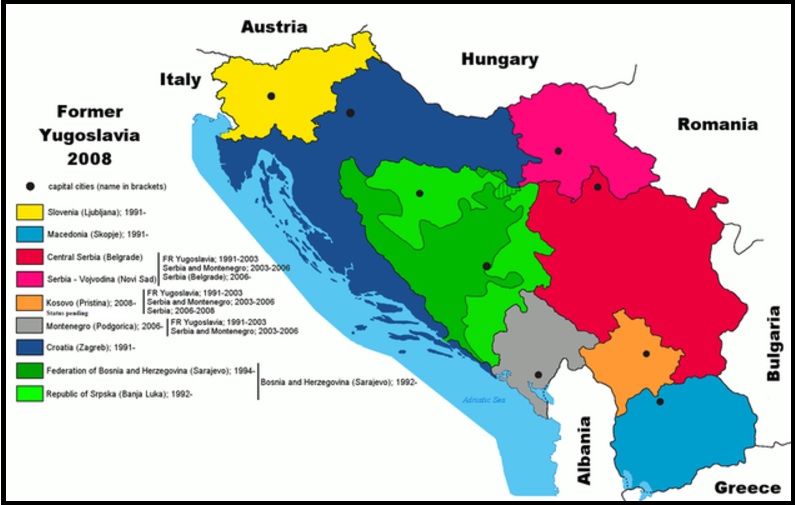
So…with support from taikor Serbia, the Serbs living in BH then started a war with the Bosniaks. (The Croats weren’t innocent either) And since they had better weapons, the Serbs eventually attacked the Bosniaks’ capital city, Sarajevo and also committed war crimes such as the killing over 8000 people in Srebrenica.
Frustrated with NATO’s and US’ (at least initially) indifference, Mahathir made sure that a military contingent was sent as part of the UN’s peacekeeping force (and even supplying weapons to BH, ILLEGALLY!). Meanwhile, he started reaching out to a number of Western leaders, with one of them being none other than Bill Clinton!
“I understand from your public statements that the United States is willing to carry out air strikes against the Serbs in order to stop them from attacking the Bosnians. Your statement suggests that it is the British and the French who are against air strikes. I have spoken to Mr. Major and Mr. Jacques Chirac and they both claim that is the United States which is against military action against the Serbs.”-Mahathir to Bill Clinton, in a letter dated 15th Nov 1993.
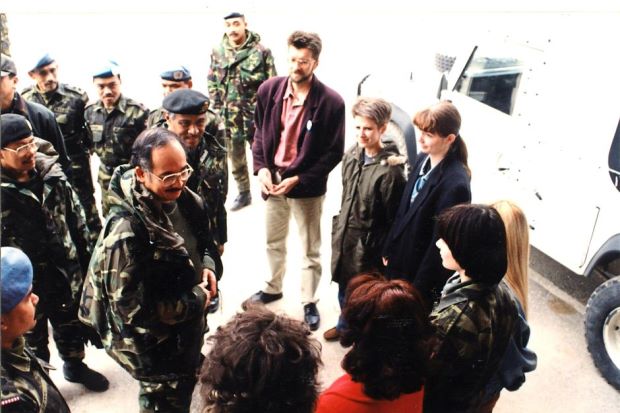
Whatever reasons Clinton had for dilly-dallying earlier, he finally took action by “forcing” the leaders of the Bosniaks, Serbs and Croats sign the Dayton Agreement in 1995. This agreement basically ended the war by giving all three groups their own kawasan but having them janji to remain as one country.
3. When he advised George W. Bush not to start fights
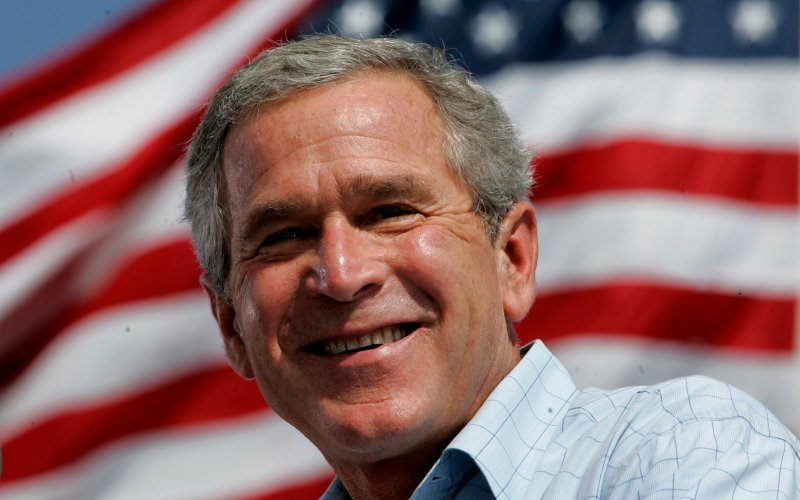
Who: George W. Bush, 43rd US president
When: Between 2001 & 2003
“I hesitate to write this letter to you because I do not think the President of the United States has to listen to the leader of a Third World country. However, I feel a strong need to tell you my views even if they irk you”- Mahathir to George W. Bush, in a letter dated October 4th 2001.
September 11 2001. Tragedy struck when 3 passenger planes hijacked by al-Qaeda members crashed into 2 famous landmarks- the World Trade Centre in New York City and the Pentagon in Washington DC.
As a result, nearly 3000 lives were lost and many more Americans were angered. Riding on these sentiments, Bush took it a step further by declaring a ” War on Terror” with the objective of finding, stopping and defeating every terrorist group out there.
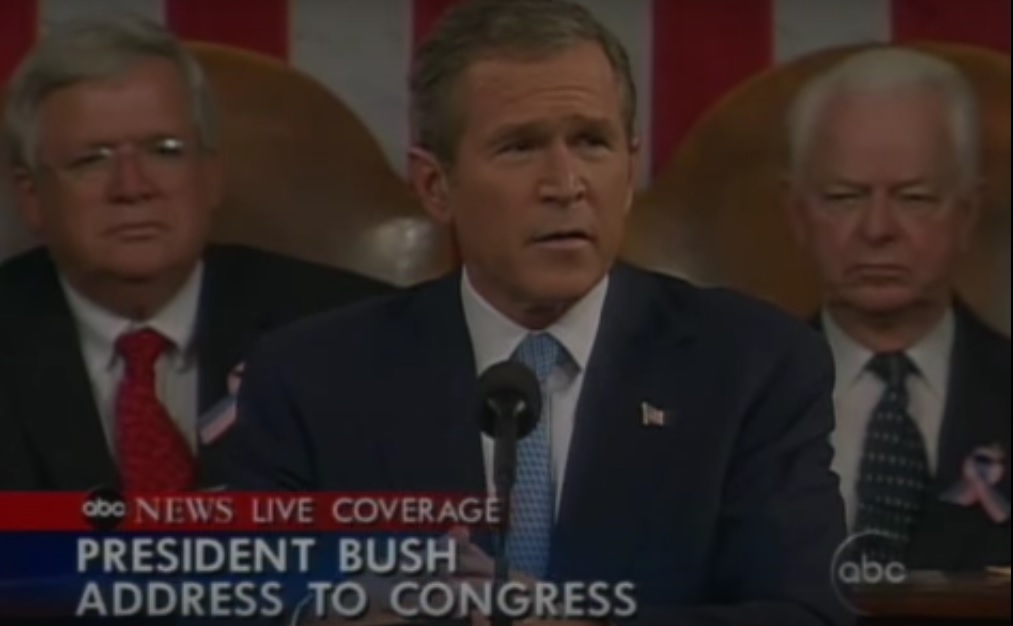
When the Taliban gomen in Afghanistan refused to handover then al-Qaeda leader Osama bin Laden to the US, an invasion was planned. This was met with protest by many Americans along with other countries which included Malaysia. Instead of open warfare, Mahathir suggested an alternative:
“The only effective counter to possible future terrorist attacks and to depleting of the terrorists is to eliminate the causes of their terrible anger and bitterness. The world must solve the problems of Palestine, Chechnya, Iraq, Iran, Sudan, Libya and others.” – Mahathir to George W. Bush, in the same letter dated October 4th 2001
Dr. M saw that attacking Afghanistan would merely achieve the opposite effect cuz innocents would be killed in the crossfire. Plus, this would be seen by the Muslims as an act of aggression towards a small, defenseless country. (On the flip side, Dr. M was known to have spoken out against a certain small, Middle Eastern country.)
Likewise, Mahathir advised Bush in another letter not to attack Iraq despite confessing his disapproval of Saddam Hussein as a legit Muslim leader. Yet, Bush insisted that it was necessary, citing Iraq’s allegedly poor cooperation since the passing of United Nations Security Council Resolution 1441, requiring the country to be inspected for “prohibited missiles, armaments and weapons of mass destruction (WMDs)”.
“Our Nation [USA] wants peace. But if Saddam does not take advantage of the opportunity afforded him to disarm him, then the world has an obligation to disarm him.”- George W. Bush to Mahathir, in a letter dated January 28th 2003.
Still, Mahathir probably had the last laugh as the Afghan War and Iraqi War only created more problems for the Americans. And the US found themselves in really hot kambing soup when an ex-CIA personnel later confirmed that no WMDs were found in Iraq!
4. When he discussed the solution to world debt with Jacques Chirac
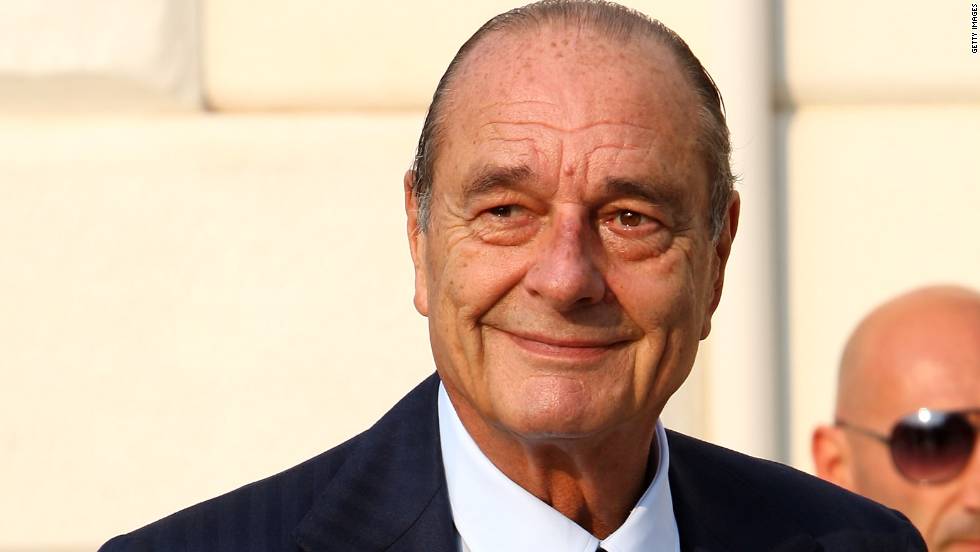
Who: Jacques Chirac, former president of France
When: Between 1997 & 1999
The core of Mahathir and Chirac’s correspondence were centered around establishing ties between the G15 and G7. But first things first, what’s a G7 and a G15? (Well, it’s not a plane nor a guitar chord!)
For starters, G7 (the Group of 7) was started by some of the richest countries on planet Earth to discuss important matters (like economics). After a few meetings or so, US, Canada, UK, Italy, France, Germany and Japan were recognized as regular members.
On the other hand, G15 (Group of 15) was founded by a number of developing countries for roughly the same reasons. Thanks to Mahathir’s active involvement in this group, you shouldn’t be terkejut to know that Kuala Lumpur hosted the first meeting in 1990!
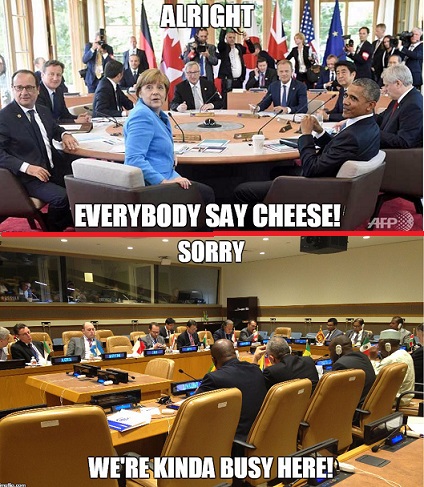
In 1997, Mahathir reached out to Chirac as G15 chairman. While it was G15’s long term goal to be recognized as G7’s dialogue partner, another reason could have hasten this: the Asian Financial Crisis. Many countries, including those in the G15 suddenly started owing lots of money.
Although there was no agreement on how the financial crisis could have happened (with Mahathir at one point falsely accusing billonaire George Soros), France and Malaysia could at least agree that an answer was needed to save these heavily indebted countries .
“The companies from poor countries can never buy up the companies and banks in the rich countries… the economy of the whole world will be controlled by the rich countries and their banks and companies… But we fully symphathise with the poor debtor countries. Much of the debts should be written off.”- Mahathir to Chirac, in a letter dated 28th May 1999.
“At the request of France, improvements have also been made to the debt treatment of other countries. These improvements will help them to rapidly regain or strengthen sustained growth”- Chirac to Mahathir, in a letter written just before the 1999 G7 summit in Cologne.
Discussions about debts during that meeting resulted in the announcement of the Köln Debt Initiative, a plan designed to help reduce debt on a bigger scale. Despite not being an instant solution, it led to the Jubilee 2000 Campaign which in turn pushed the World Bank and the International Monetary Fund to cancel the debts owed by 18 of the poorest countries in 2005.
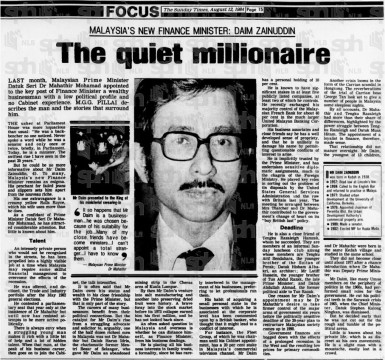
So, was Dr. M an exemplary Third World Leader… or just a clever politician?
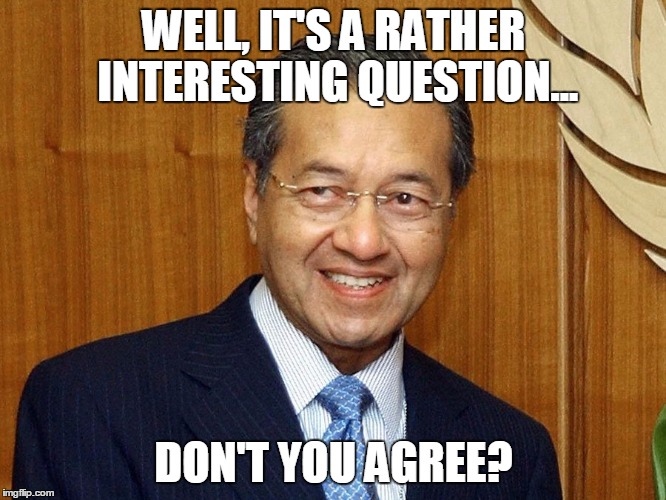
From the exchanges listed above, we can see that Dr. M was an outspoken politician, unafraid of confronting Western leaders if necessary. Yet at the same time, it was no secret that Dr. M too had skeletons in his own almari (like cough..Project IC…cough).
Still, we shouldn’t discount any of Mahathir’s past exchanges with these leaders as they might have helped change the world for the better, even in small ways. In fact, Dr. M’s bravery garnered respect from developing countries, whose leaders hesitate to speak out against the West for fear of being slapped with economic sanctions.
” …Dr. Mahathir repositioned Malaysia, forging a more independent and activist foreign policy. A small country in a distant corner of the world, Malaysia punched above its weight, acquiring many of the attributes of a middle power.” -Barry Wain, an excerpt from Malaysian Maverick.
We gotta admit not many politicians could match Dr. M’s grit and determination in shaping the course of Malaysian (and international) politics. Just look, how many politicians happen to be active at the ripe old age of 93?
Happy birthday, Tun M!
- 1.1KShares
- Facebook974
- Twitter20
- LinkedIn27
- Email26
- WhatsApp75

